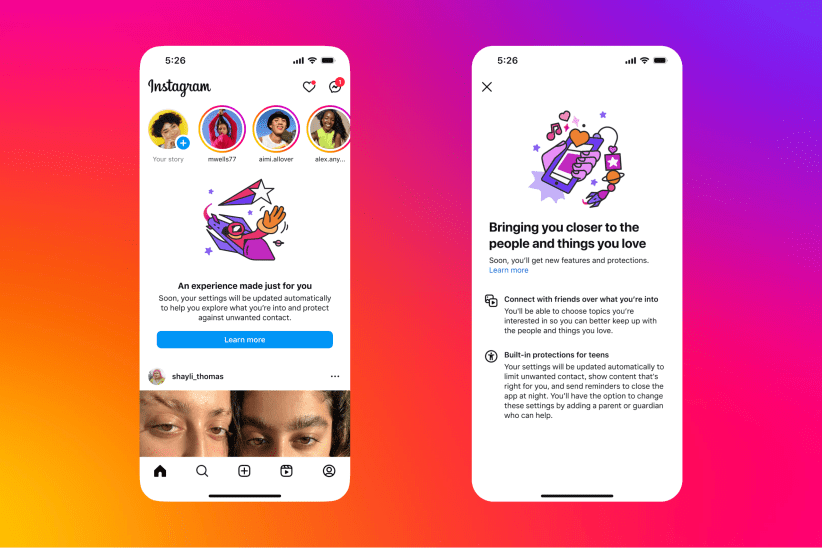
This is the first time I haven’t coached at least one of my sons in an organized sport since they started playing 6 years ago. I was expecting to relax and watch the kids have fun.
I was wrong.
As the games started I was surprisingly relieved to not be coaching, but that feeling quickly subsided when it became evident the coaches weren’t monitoring the kids’ playing time. It only took a few minutes to realize the coaches on both of my sons’ teams were caught up in the game and not helping to develop the skills and confidence of the kids.
To add salt to the wound, my wife told me that our youngest son starting crying as she entered his view. He felt shame that he wasn’t playing and it affected his confidence. You could see it in his eyes.
What do we do now? As an experienced coach I know how to fix it, but I wasn’t on the field. It wasn’t my place. I knew if I spoke up I would be labeled as disruptive. We would be forever labeled as “those parents.”
So, how do I fix it without being labeled as a nuisance? Do I yell at the coach from the sidelines? Do I pull the coach aside? After all, I coached teammates of both my sons in the past, including the son of one of the coaches.
After some brainstorming with other parents, we hit upon a solution: teach our sons to speak up for themselves.
As a coach, I never let a player sit on the bench for too long. I rotated kids equally regardless of the score. However, speaking from experience, monitoring the movement of players is challenging, if not overwhelming, especially if there are only one or two coaches for the team. Players can help the coaches and themselves by speaking up rather than holding back. Communicating with the coach is really all you have to do as a player.
After the games were over, we asked our kids if they had fun. As expected, our youngest said he didn’t and he expressed the same frustrations we’d seen him display on the sidelines. When my oldest son responded, we were taken back by his response.
“Yes dad, I had fun. We lost by 5 points but I got to throw a bomb and we scored a touchdown.”
Our perception was wrong. He was happy with his playing time. We were happy with his answer, even though we knew he didn’t get equal playing time.
As far as my youngest son, I taught him some tricks from when I rode the bench as an athlete. I never spoke up, but I watched my teammates do it. Sometimes it worked and sometimes it didn’t. I asked my son to simply speak up and ask the coach to get in the game. My son wasn’t comfortable talking to the coach directly, so we compromised. As an athlete, I distinctively remember blocking out all sounds, including boos or cheers from tens of thousands of fans, however, anytime someone yelled my name I could hear it. It could have been from a coach, a player, a fan, or my own mother. I taught my son to raise his hand, yell the quarterback’s name and say he was open. Raising your voice and yelling to teammates in a crowd of people breaks an invisible barrier of insecurity.
I teach this to athletes as well as employees in the business world. You are unlikely to get what you want if you don’t ask for it. Physically speaking up and using your voice by asking for what you want gets more consistent results!
I was the same way at his age – mentally, I wasn’t ready to speak up until my senior year in college at the earliest. Every person has their own “timeline” and it helps the kid if his or her parents understand and respect this. I kept playing sports because I was fortunate enough to have great coaches and teammates who are still some of my best friends. Proper coaching as a kid set the foundation for me to do well in college and even in the semi-professional world.
In the future, I want coaches to know that my sons are different – they are night and day in terms of self-confidence and focus. My oldest son is sensitive even though he is usually one of the best athletes on the field. My youngest son is the one making dust clouds in the dirt and chasing butterflies. I want the coach to know he is actually paying attention and hears what the coach says, even when he is not looking at the coach. I want my son to know that in order to get in the game, all he has to do is ask.
Rob Licopoli is the original founder of the National American Football League, and a father of two boys, ages 11 and 13. In 2010, he sold the NAFL and soon after fully focused on his sports management company, 360 Sports Inc. Licopoli has played football and rugby at the collegiate level and rugby semi-professionally. As an athlete, coach, and father, he has a unique perspective on youth in sports.




















